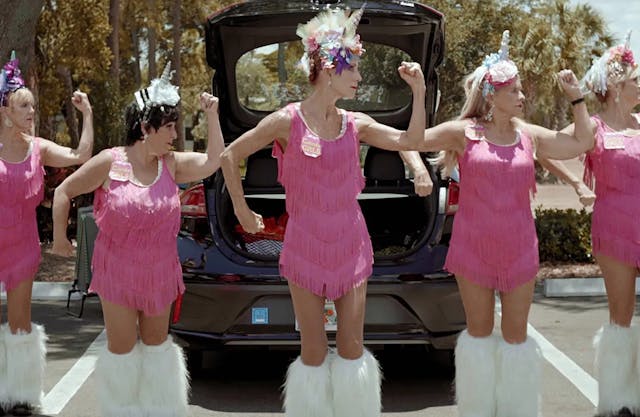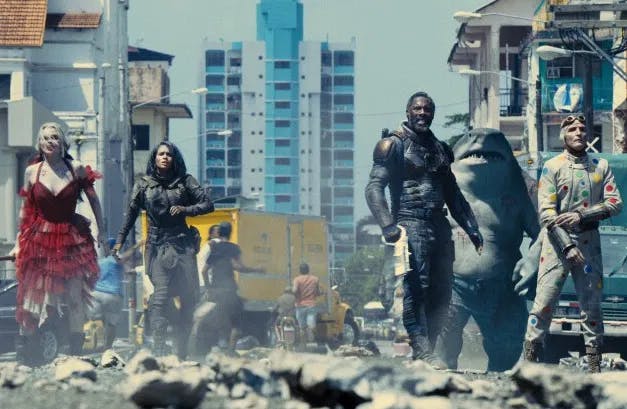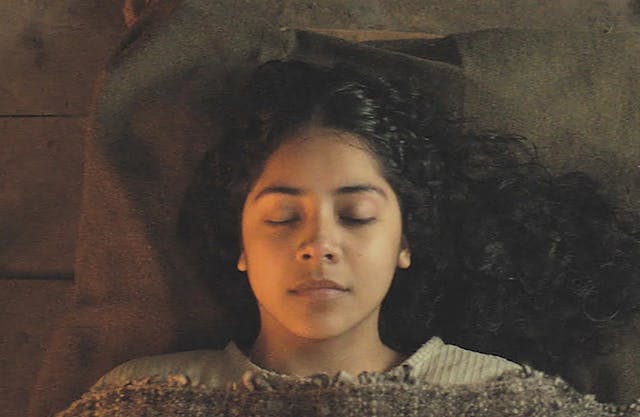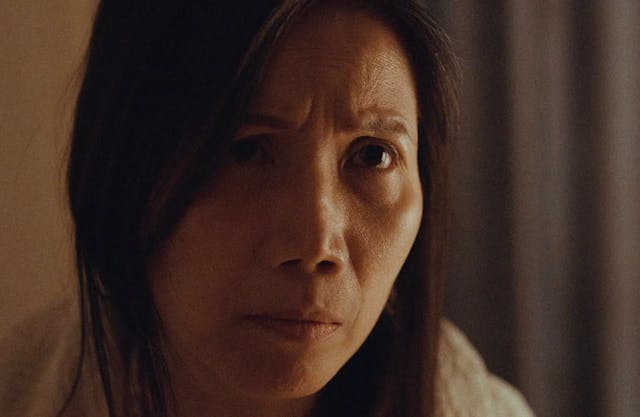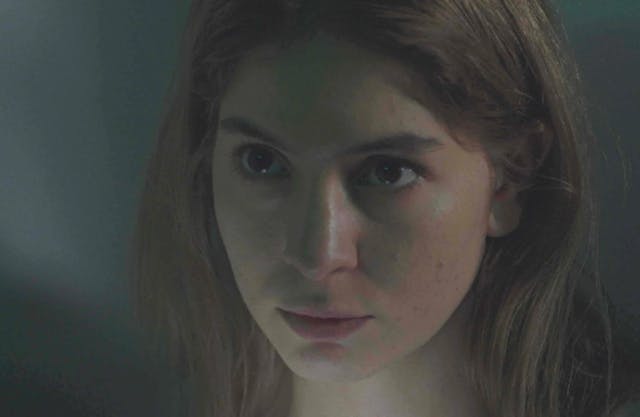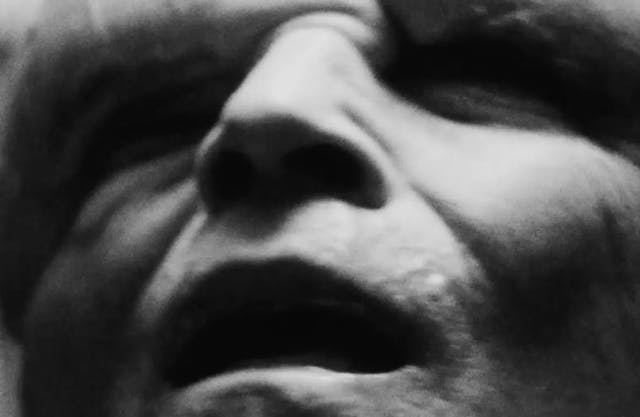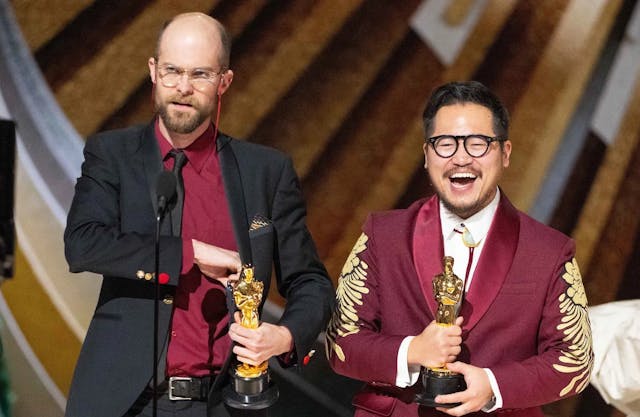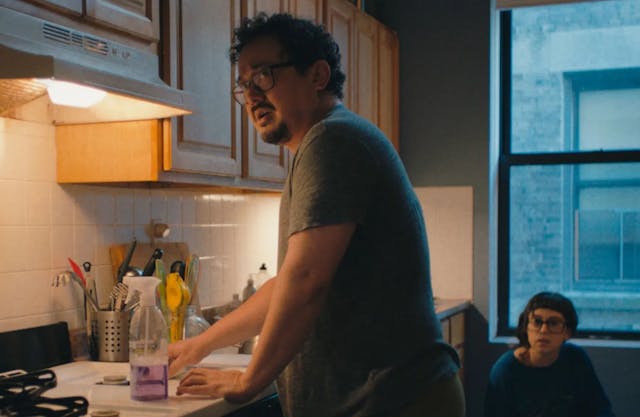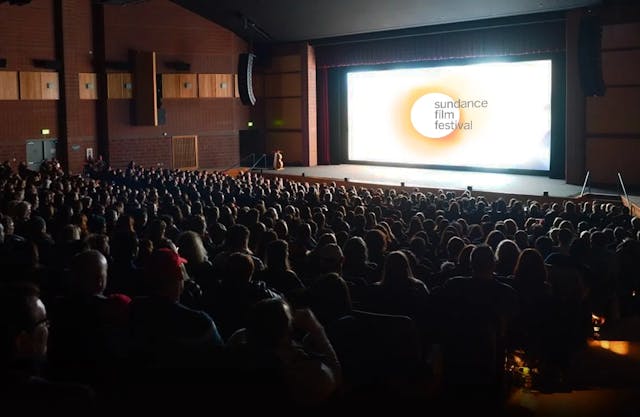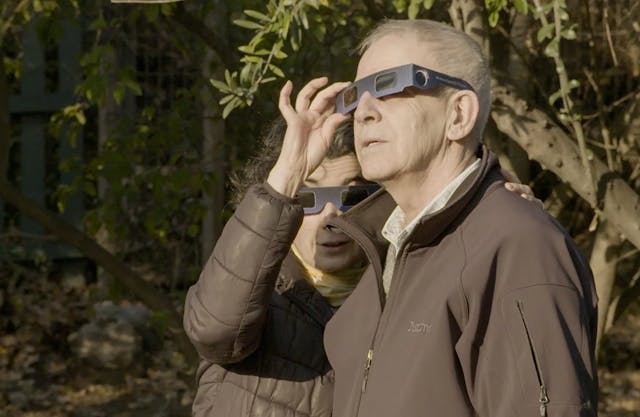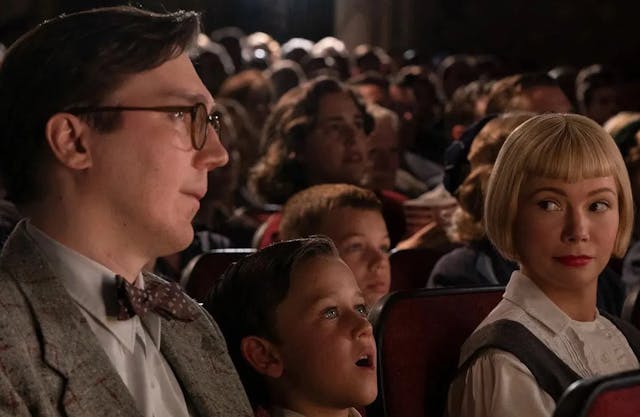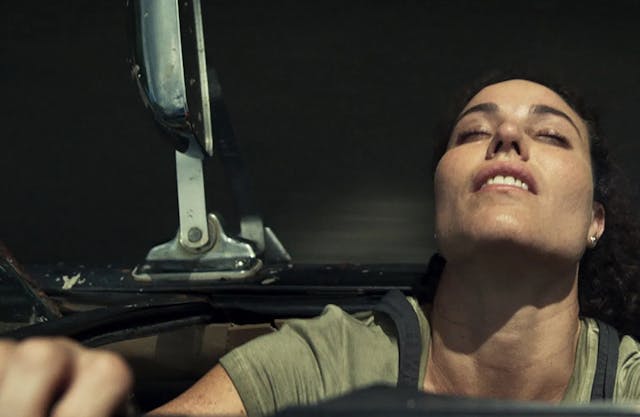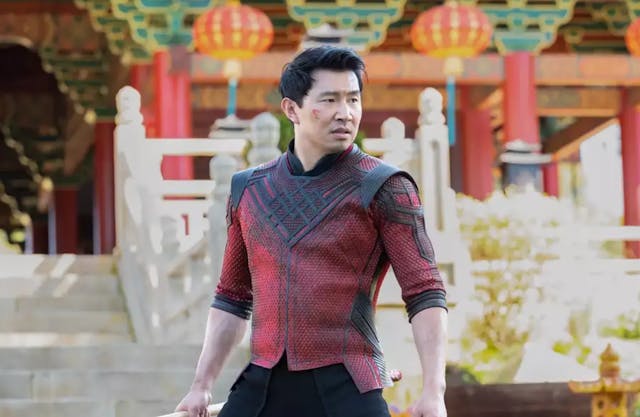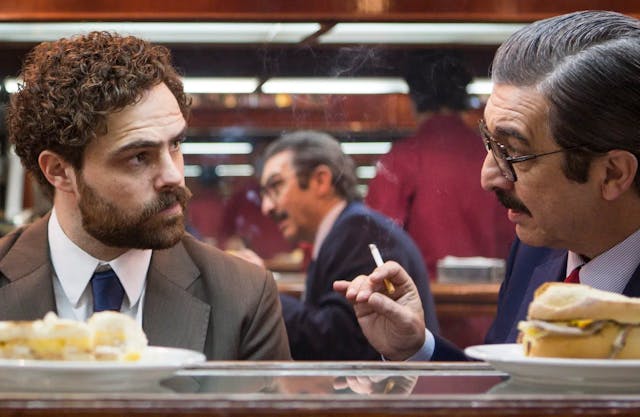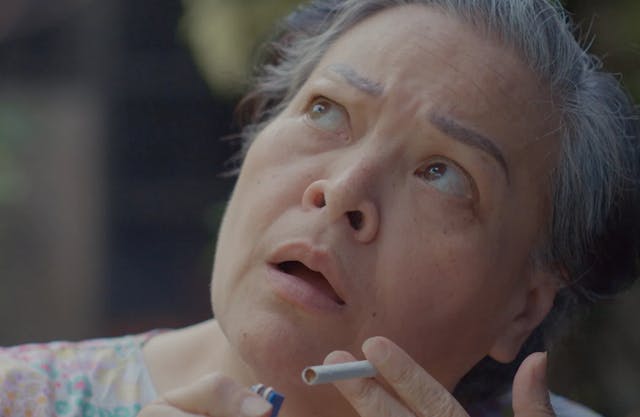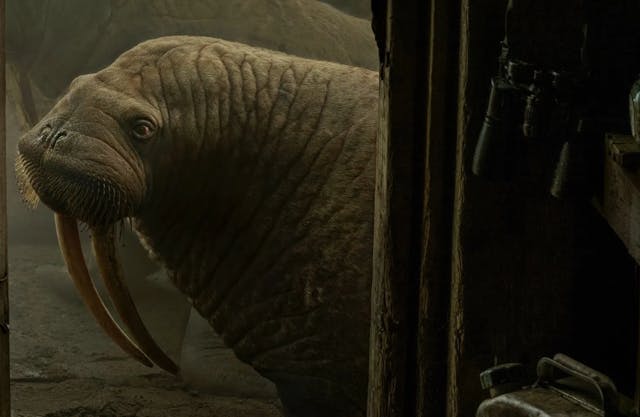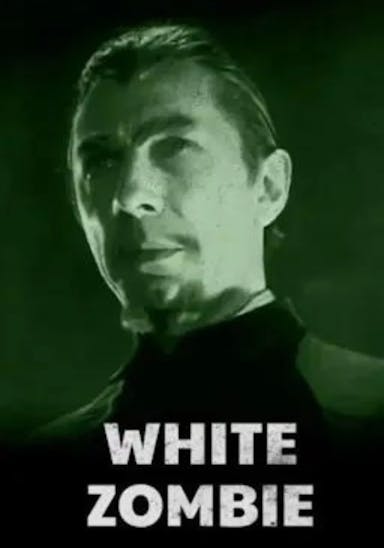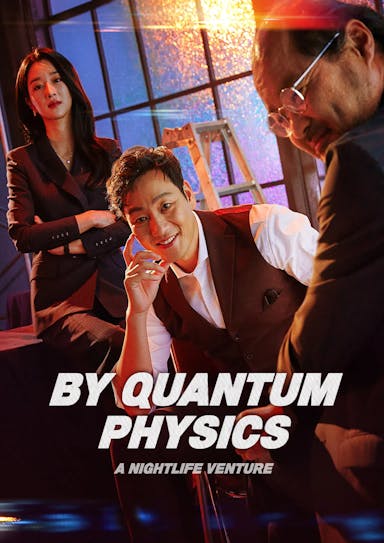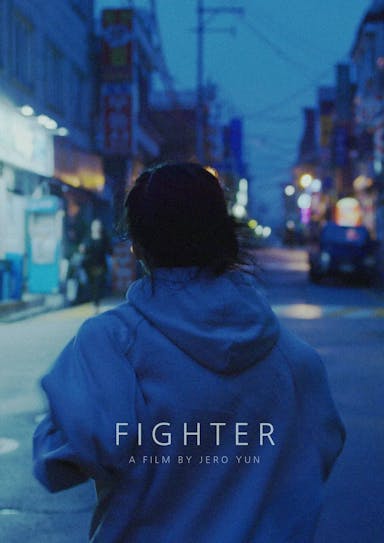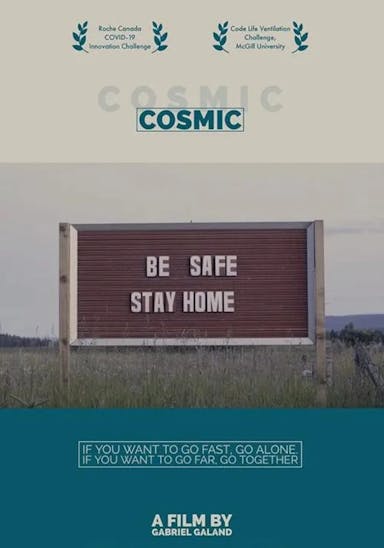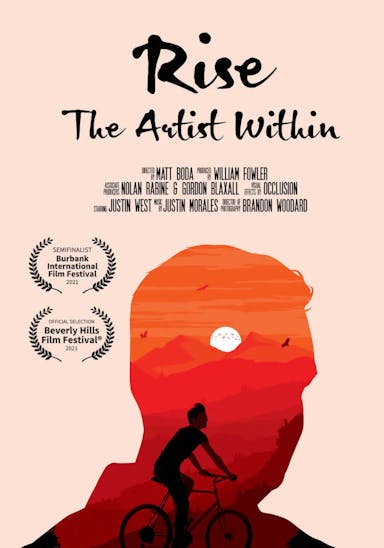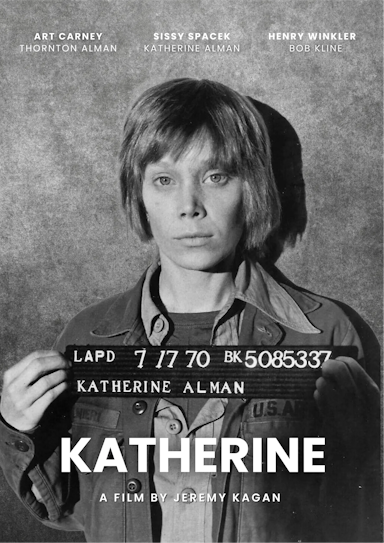Bolivia Aims for Its First Oscar Nomination with "Utama"
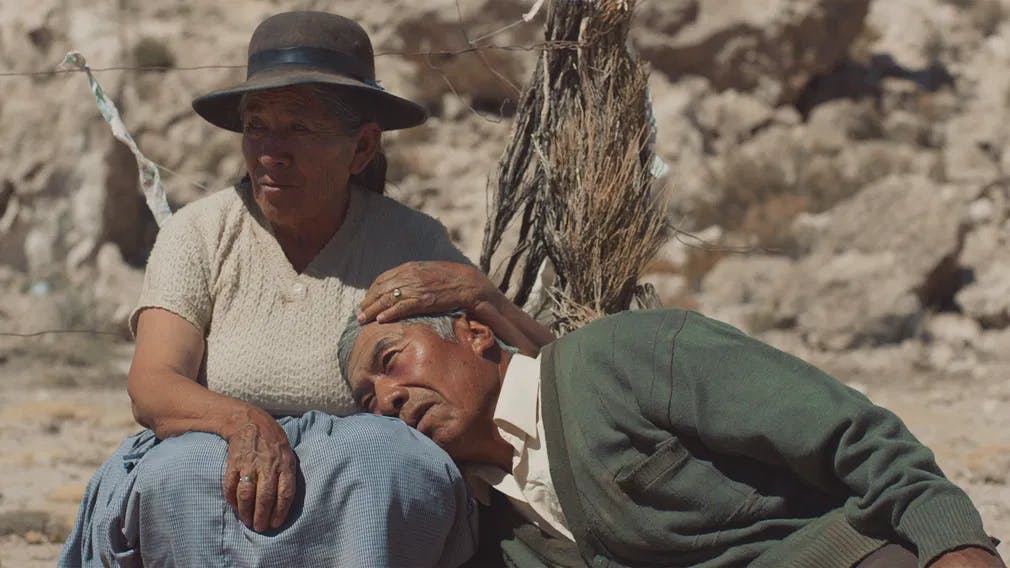
Quispe and Calcine, the couple at the heart of "Utama" / Photo: Kino Lorber, Cinema Tropical
The phantasmagorical beauty of the Bolivian highlands is the stage for Utama, Alejandro Loayza Grisi’s debut feature, opening today theatrically in the US.
The movie is on the verge of making history. Bolivia has never had an Oscar nomination. By choosing Utama as their official submission to the Academy, they have a first-rate candidate. The movie won the 2022 Grand Jury Prize of International Cinema at the World Cinema Dramatic competition in Sundance.
It could not happen to a more tender, delicate film. Utama immerses you in the lives of Viriginio and Sita, an elderly married Quechua couple, desperately holding on to their way of life as a drought punishes the rural community they call home. Furthermore, Virginio’s health is faltering. Enter Clever (Santos Choque), their grandson. He arrives with the mission of convincing them to move to the city. It will not be easy.
We talked with Loayza Grisi a few days before the movie opened in the US.
You have been a photographer most of your career. What made you switch lanes to fiction filmmaking?
It has happened most naturally. I had been working with still images and then moved on to cinematographer in small projects. I learned how movement affects the image. Then, how it can work for a narrative. To write and direct came up naturally. I didn't plan it at all. When I was 18, I wanted to be in advertising; at twenty two a photographer; at twenty six a DP, and now, here we are!
How was UTAMA born?
I started writing down ideas for shorts and mapping out structures for feature-length films with treatments. One of them was UTAMA. I showed the list to my brother, who is a producer, and he felt it was the best to develop. I started to write a script and plan the visuals. Each scene was like a photographic description of the action. From that point on, I fleshed out the narrative. Images became situations and then added dialogue.
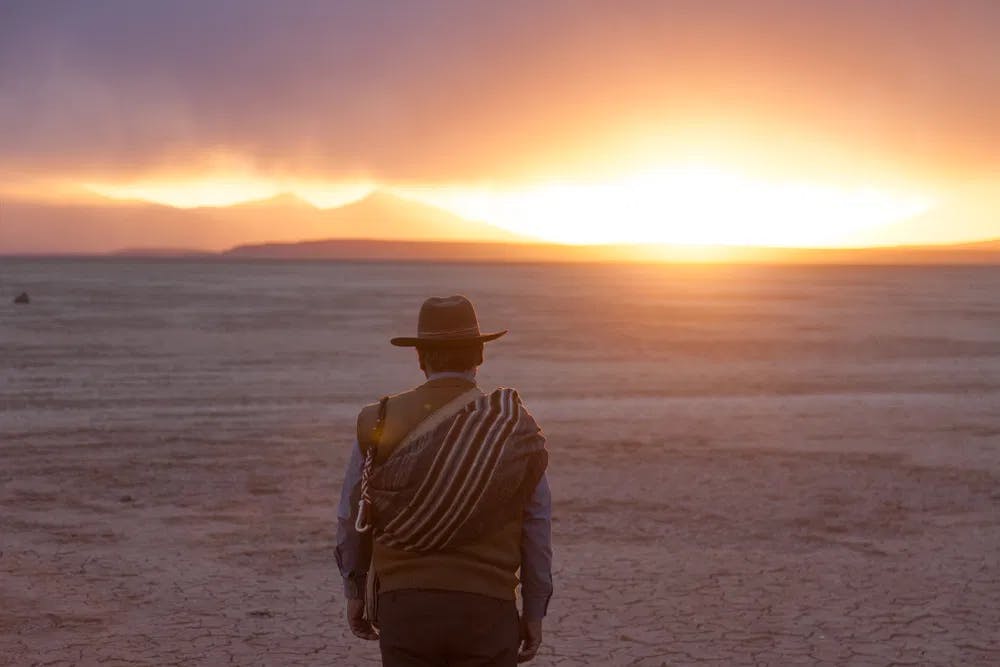
Calcina faces the twilight of life and environment in "Utama" / Photo: Kino Lorber, Cinema Tropical
Nobody says "global warming," and yet, we know it is a major factor in the lives of your characters. Was it hard to articulate drama out of this problem, to get people to connect emotionally with it?
Not at all. It was easy because the context informed the story. You see what global warming does. You can see how it affects you. It hits the viewer from the human side and puts their empathy to work. You relate directly to the characters and understand how dramatic their situation is. We did not want to preach, so we worked around it. I think it is more effective this way. You do not speak about it, but the problem is there. It is in every layer of the film.
Your leads, José Calcina and Luisa Quispe, are a real-life couple with no acting experience. How was the process of working with them?
Our acting coach, Freddy Chipana, taught them the tools of the trade. He planned an intensive workshop and rehearsals. In the mornings, they worked on gestures, mechanics, body movement, and improvisation. In the afternoons, they rehearsed the script with me. We did it from beginning to end, scene by scene, over many days. Not just to learn the lines, but to internalize the story, to grasp the dramatic intention and emotions. It was also their first time acting in a movie where you shoot scenes out of order. So, everyday they needed to know where we were in the story. I would remind them, “we are coming from this, such a thing just happened”. They already had everything memorized. It was very professional because they rehearsed just as any pro would do.
The arrival of Clever, the grandson, is a catalyst of conflict. But he also works as a stand-in for the audience.
He functions as a catalyst, but by the time Clever arrives, Virginio’s conflict is set. The boy makes it harder for him to achieve his objectives. I understand it would be easier for the audience to identify with the city-dwelling young man. But I also think it is easy to empathize with all the characters. Recently I was at a panel where they asked me if I identified with the grandson. I answered “no, I empathize with the old man!” I feel closer to him. But you can contrast their views of life in the city and life in the country, globalization against resistance. It was important to me not to take a moralist stake.
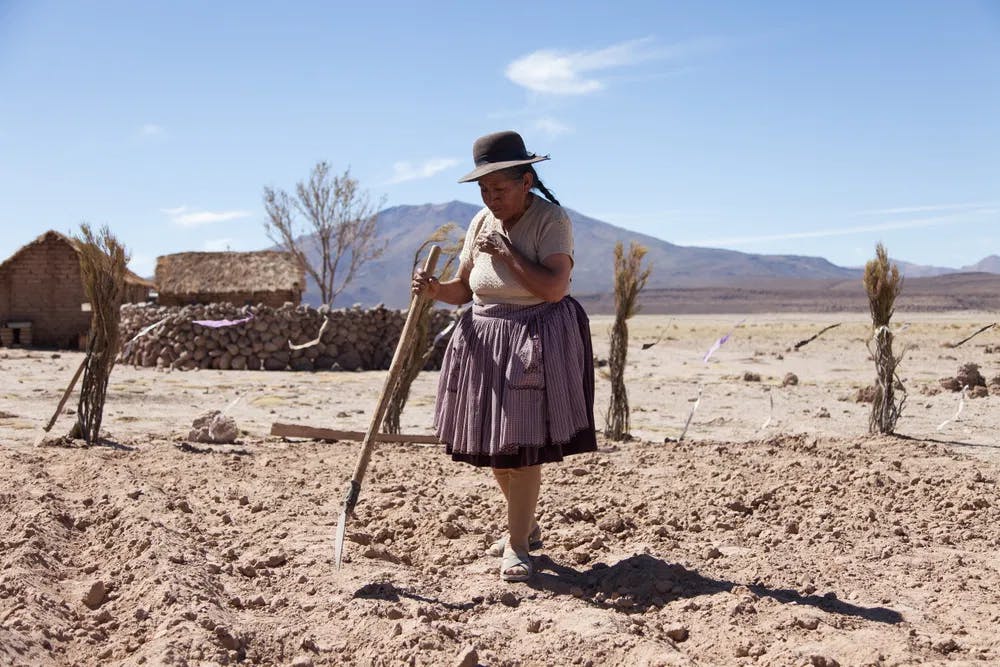
"Utama" stands for "our home" in the Quechua language / Photo: Kino Lorber, Cinema Tropical
It might be difficult for English-speaking audiences to grasp the impact of having the characters speak in Quechua. What does this decision mean in Bolivia today?
In Bolivia and most Latin American countries, we live a process by which one language is imposed over the others. But little by little, we learn to recognize the value of our language. There was a time in Bolivia when it was unseemly to be bilingual. If you did not speak Spanish correctly, you were not apt to live in the city. You suffered discrimination. It goes against any logic! You are better off to face the world if you speak more than one language. You have a better understanding of it. It is an advantage, but in Bolivia, it was shameful. A generation wanted to avoid that shame and make their kids more adaptable to living in the city, so they educated them in Spanish and disregarded their mother tongue.
Bolivia has 36 different languages, and Quechua is one of them. We are a multinational country with many identities, which sometimes makes it hard to understand each other, but at heart, it is part of our richness. We have many ways of seeing and understanding the world, and cinema can help us understand each other better.
There is a striking scene when Virginio and his neighbors discuss the possibility of migrating to the city. Is it common for entire villages to decamp like that?
Yes, it happens, but usually, it is more of a piecemeal process. People keep leaving. Before you know it, you have a ghost town. The assembly scene was the only scene not scripted at all. All the ideas they exposed came up during the rehearsal we held that same day, hours before shooting. I just outlined the situation: “It is February, and it is not raining. What would you do?”. And they started to discuss. Some of their people had already left, because this is happening not just due to climate change. It has been going on for many years. Bolivia used to be very rural, with 70% of the population living in the country. Now, it is the opposite. 70% live in cities. Soon, we will be an urban country, like so many others.
* Utama opens Friday, November 4, 2022, at Film Forum in New York, NY; Friday, November 11, 2022, at Laemmle Royal in Los Angeles, CA, and Siskel Center in Chicago, IL. More cities to come.
* Update: "Utama" is available to rent or buy on all major digital platforms.
Want to get an email when we publish new content?
Subscribe today